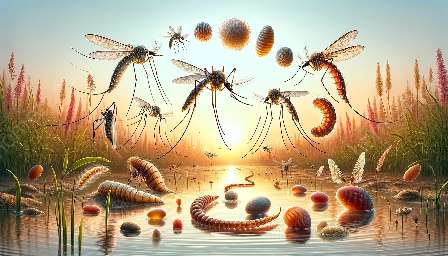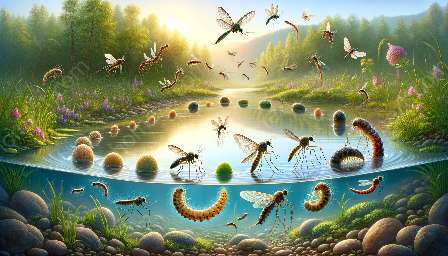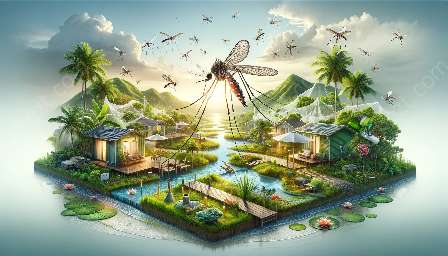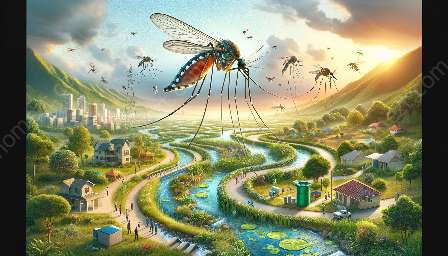Mosquitoes are pesky insects that can ruin outdoor activities and pose health risks. Effective pest control measures are essential to reduce mosquito populations and minimize the risk of mosquito-borne diseases. Natural mosquito control methods provide environmentally friendly solutions to keep these pests at bay. By understanding the biology and behavior of mosquitoes, you can implement targeted pest control strategies that are compatible with the environment and human health.
The Importance of Mosquito Control
Mosquitoes are notorious for their itchy bites and annoying buzzing, but they also pose a significant health threat. They are vectors for diseases such as malaria, dengue fever, Zika virus, and West Nile virus. Preventing mosquito bites and controlling mosquito populations are crucial to reducing the transmission of these diseases. Traditional pest control methods often involve the use of chemical pesticides, which can have negative impacts on the environment, non-target organisms, and human health. Natural mosquito control offers sustainable alternatives that are effective and safe.
Understanding Mosquito Biology
Before implementing mosquito control measures, it's important to understand the biology and behavior of mosquitoes. Mosquitoes require water for breeding, and different species have specific preferences for the types of water sources they use. By targeting mosquito breeding sites, you can disrupt their life cycle and reduce populations. Additionally, female mosquitoes feed on blood to obtain the nutrients necessary for egg production. Understanding these behaviors can help in developing effective pest control strategies.
Natural Mosquito Control Methods
Several natural and eco-friendly methods can be used to control mosquito populations:
- Eliminate Standing Water: Removing or treating standing water sources, such as birdbaths, clogged gutters, and flowerpots, can prevent mosquitoes from breeding.
- Biological Control: Introducing natural predators, such as mosquito-eating fish and predatory insects, can help control mosquito larvae in water bodies.
- Mosquito-Repellent Plants: Planting certain species of plants, such as citronella, lavender, and marigold, can help repel mosquitoes from your yard.
- Essential Oils: Using essential oils, such as eucalyptus, lavender, and tea tree oil, as natural mosquito repellents can be an effective way to deter mosquitoes.
- Mosquito Traps: Utilizing mosquito traps that attract and capture mosquitoes without the use of chemical pesticides can help reduce mosquito populations in specific areas.
Integrated Pest Management (IPM)
Integrated Pest Management (IPM) involves a holistic approach to pest control that integrates various techniques to minimize the use of chemical pesticides. This approach focuses on long-term prevention and management of pests through a combination of biological, cultural, physical, and chemical control methods. By implementing IPM practices, you can effectively control mosquito populations while minimizing environmental impact.
Attracting Mosquito Predators
Encouraging natural mosquito predators, such as bats, birds, and dragonflies, to inhabit your outdoor space can help keep mosquito populations in check. Providing habitat and food sources for these natural predators can contribute to a balanced ecosystem and reduce the need for additional mosquito control measures.
Conclusion
By incorporating natural mosquito control methods and understanding the principles of integrated pest management, you can effectively manage mosquito populations while promoting environmental sustainability. These eco-friendly approaches to pest control not only protect you and your family from mosquito-borne diseases but also contribute to the overall health of the environment.





























